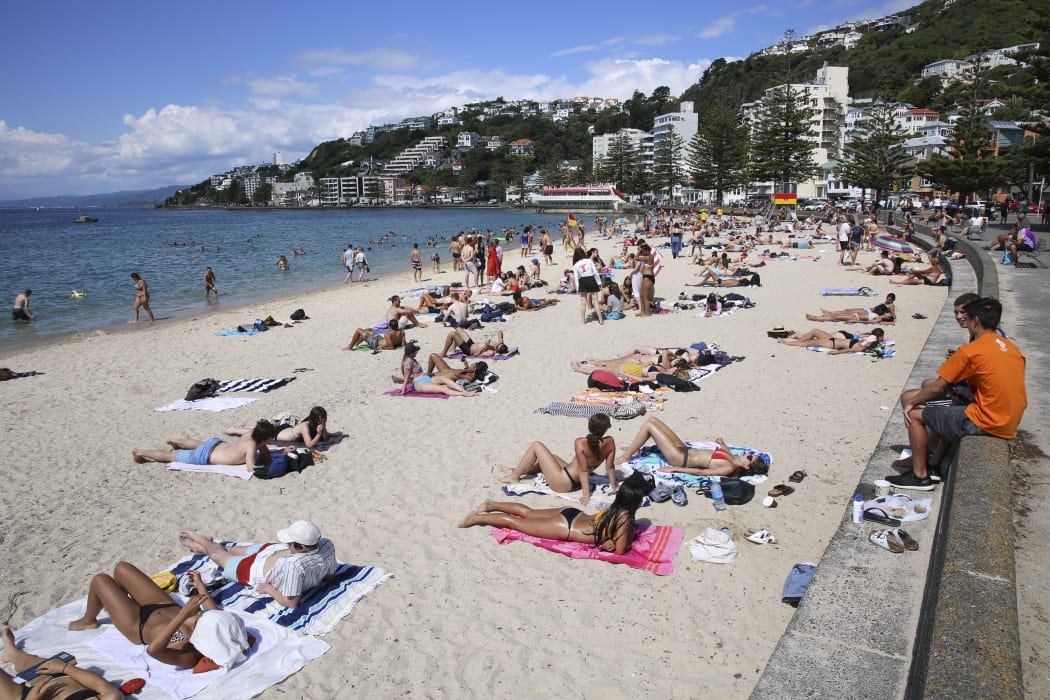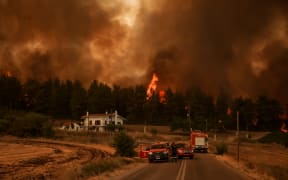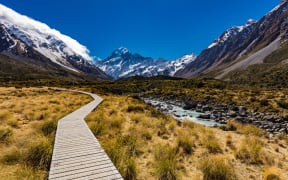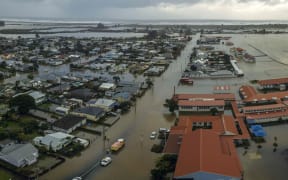Last year was Aotearoa's warmest year on record according to NIWA's annual climate summary - passing the previous record set in 2016.

NIWA says there were no months that experienced below average temperatures during 2021. (file image) Photo: RNZ / Richard Tindiller
The nationwide average temperature was 13.6C; that is 0.95C above the annual average set between 1981 and 2010.
NIWA (National Institute of Water and Atmospheric Research) climate scientist Nava Fedaeff said the winter of 2021 was also the warmest one on record, beating the previous record set in 2020.
"2016 recorded an average temperature of 13.45 degrees or 0.84 degrees above average which was New Zealand's warmest year on record at the time," Fedaeff said.
"However, in 2021 we finished with an average temperature of 13.56 degrees which was 0.95 degrees above average and became New Zealand's new warmest year on record."
Auckland, Bay of Plenty, Tasman and Fiordland had temperatures well above the average while Taranaki saw the most sunshine hours.
Ashburton recorded the highest temperature for the year - 39.4 degrees on 26 January.
Fedaeff said the trend was consistent with global warming patterns.
"Seven of the past nine years have been amongst New Zealand's warmest on record," she said.

NIWA climate scientist Nava Fedaeff. Photo: RNZ / Liu Chen
June and November were warmer than ever and temperatures peaked above average in most other months, Fedaeff said.
"Three months of 2021 featured what we consider near average temperatures, which is within half a degree of average and that was January, February and September.
"A relatively cool start to the year, obviously this was summer, but for the time of year it was cooler compared to the rest of the months of the year when in fact the remaining nine months of the year featured above average temperatures.
"During 2021, there were no months that experienced below average temperatures."
Fedaeff said there were regional differences when looking at the breakdown of temperatures across the country, but it was to be expected.
She said 55 percent of days experienced above average or well above average temperatures - at least half a degree higher than the average.
"No matter what way you slice it, be it year, month or daily data we can see that we had quite a lot of warmth during 2021."
She said it was the warmest year on record for 12 locations and a further 50 experienced annual average temperatures in the top four warmest on record.
'Protective waters have been pulsing up to 3C recently'
Victoria University of Wellington professor James Renwick said the north-south movement of the westerly wind belt (known as Southern Annular Mode or SAM), which goes across the Southern Hemisphere and circles the South Pole, had been positive for much of the year.
"The SAM has been trending positive for decades now, because of human influence - mostly the ozone hole but also the increase in greenhouse gases in the air."
The record high temperatures Aotearoa was experiencing may one day be considered a cold year, Prof Renwick said.
"The whole world needs to stop emitting carbon dioxide and other greenhouse gases as soon as possible, to have any hope of capping climate change at a manageable level."
New Zealand Climate Change Research Institute adjunct senior research fellow Nathanael Melia said with the country surrounded by ocean, the effects of rising global temperatures have been moderated.
"However, our protective waters have been pulsing up to 3C recently, inexorably driving up our surface air temperatures," Melia said.
"These higher background temperatures are exacerbating extreme weather events around the country. Heat extremes are getting hotter, and extreme rain events are getting wetter.
"Summer 2022 has continued at full throttle too, and with the weather variability wheel landing on La Niña, I wouldn't be surprised to see 2022 result in a back to back record."







